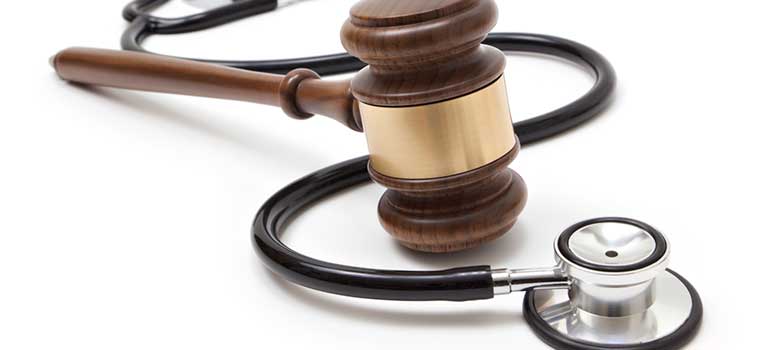“Medical Malpractice” is a legal term used when a person is harmed by the carelessness and/or negligence and/or lack of reasonable medical care of a doctor, hospital, or other healthcare provider. Medical malpractice is loosely defined as a violation of professional standards of care which causes harm to the patient.
Many lawyers claim to “specialize” in the field of medical malpractice, but in many cases those claims are not substantiated.
Recommended Reading / Viewing
- See our page with videos to common questions and answers regarding legal services
- Philadelphia Medical Malpractice Attorneys
- Pennsylvania Medical Malpractice Attorneys
- New Jersey Medical Malpractice Attorneys
- Finding the Right Medical Malpractice Attorney
How To Choose | Some Questions To Ask A Malpractice Attorney – It’s Your Interview Too!
Is the lawyer you are interviewing “board certified” as a civil trial lawyer? Does the lawyer you are interviewing have a specialty certification in handling professional liability cases such as medical malpractice? Does the lawyer have a proven track record of success in obtaining significant 7 and 8 figure verdicts (not just settlements) in medical malpractice cases? Is the lawyer willing to invest the substantial costs (often in excess of $100,000) necessary to get the best experts in the field to review the facts of your case, and then offer a supportive opinion? Has the lawyer received peer recognition from “Best Lawyers in America”, “Super Lawyers”, “Million Dollar Advocates” and National Law Firm Ratings? Will the lawyer handle your case personally, or hand it off to some young associate?
These are all important considerations in deciding which malpractice lawyer to hire.

How To Choose | When Making The Choice of an Attorney, Seek the Guidance of a Malpractice Lawyer with Experience
In a medical malpractice lawsuit, clients should seek the guidance of a lawyer with experience in that area so that they have the greatest chance of success. When a lawsuit is filed against a physician for negligence or some sort of medical mistake, the burden of proving the negligent act lies solely and exclusively on the person filing the lawsuit, namely the plaintiff. The plaintiff must show “negligence,” “causation,” and “damages,” which means the patient must show that the injury was directly associated with the negligence of his or her physician, and that the patient suffered an injury as a result. In most cases, this is a lengthy and difficult process because it involves expert testimony, the review of voluminous medical records, the taking of testimony under oath (depositions) of all significant witnesses, as well as many legal costs. Unless the plaintiff can marshall the evidence to prove that injuries were sustained because of the carelessness of the physician, malpractice cannot be established.
Liability – Causation – Damages
In addition, expert witnesses must be used to prove liability (i.e., that the healthcare providers were negligent), causation (a causal connection between negligence and the patient’s injuries), and damages (injury to the patient). Damages may fall under one or more of the following categories: Past and future pain and suffering, loss of income, out of pocket medical expenses, emotional distress, loss of life’s pleasures, disfigurement, and loss of the consortium (companionship) of a spouse.
Ask questions during your initial meeting with the lawyer you are interviewing. If the malpractice lawyer is willing and able to handle your case, he or she will welcome your questions and explain the process to you. Selecting the right lawyer to handle your case is crucial to its success, so it is imperative that you follow the directions of you lawyer to the letter and cooperate fully with his or her suggestions.



